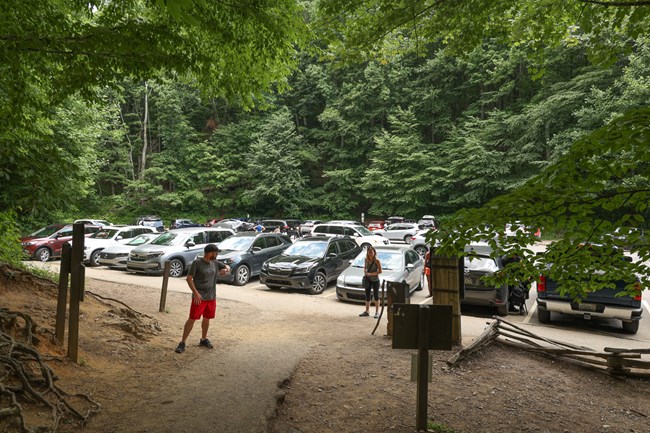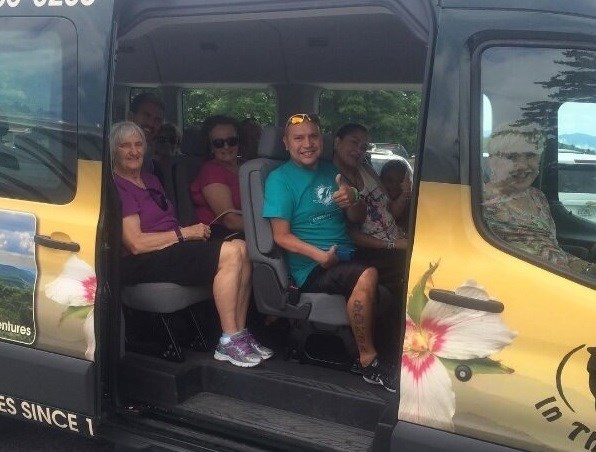Plan Like a Ranger - How to Avoid the CrowdsGreat Smoky Mountains National Park is consistently the most visited national park in the country. It lies within a day’s drive of more than half the U.S. population. Here are some tips to help you #PlanLikeARanger!
Check out the 2025 congestion forecasting calendar to help you choose when to visit the park and know what to expect during your visit.

Maybe you know which dates you plan to visit, but have you thought about planning what time of day your visit should begin? Most visitors arrive between 10:00 a.m. and 11:00 a.m. Instead, opt for an earlier or later start and you will have better chances of finding a parking spot at your destination of choice. Late afternoon hikes can be a great way to avoid the crowds - just make sure you have enough daylight for your adventure! 
You are a planner, we get it! If you want to truely #PlanLikeARanger, you will have not one, but two (or more plans). Parking is limited. You may not find legal parking at your destination of choice. But with 848 miles of trails, 384 miles of roads, 126 historic structures and 11 picnic areas - there are always uncrowded destinations in the Smokies to explore! Think about the goals of your visit to identify alternative plans.

Don't stress about finding parking. Arrive at your destination of choice, at your time of choice. Relax and enjoy a shuttle ride from local communities to park destinations. Most shuttle services run March through October. 2025 Congestion Forecasting Calendar
| ||||
Last updated: January 14, 2025
